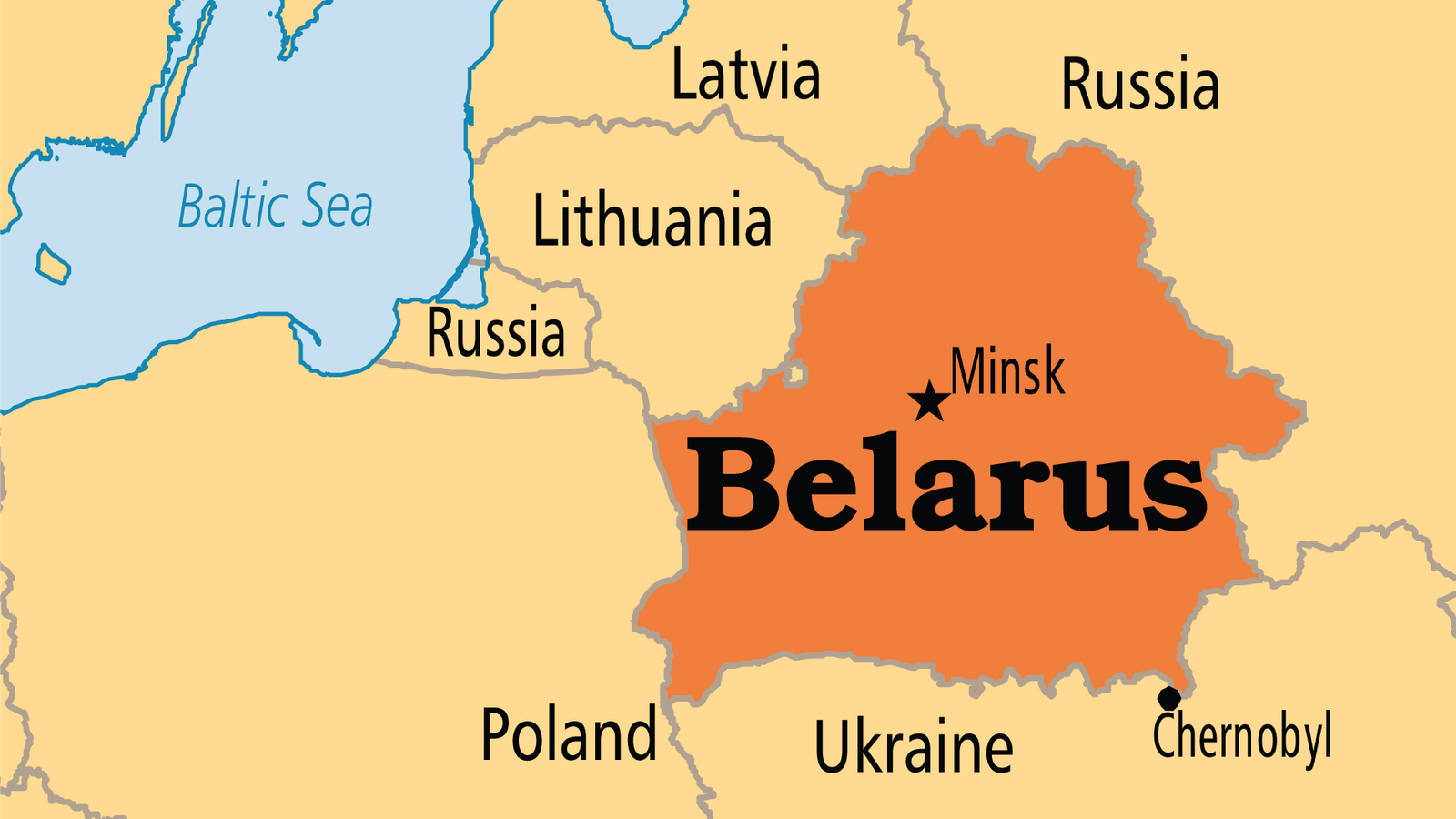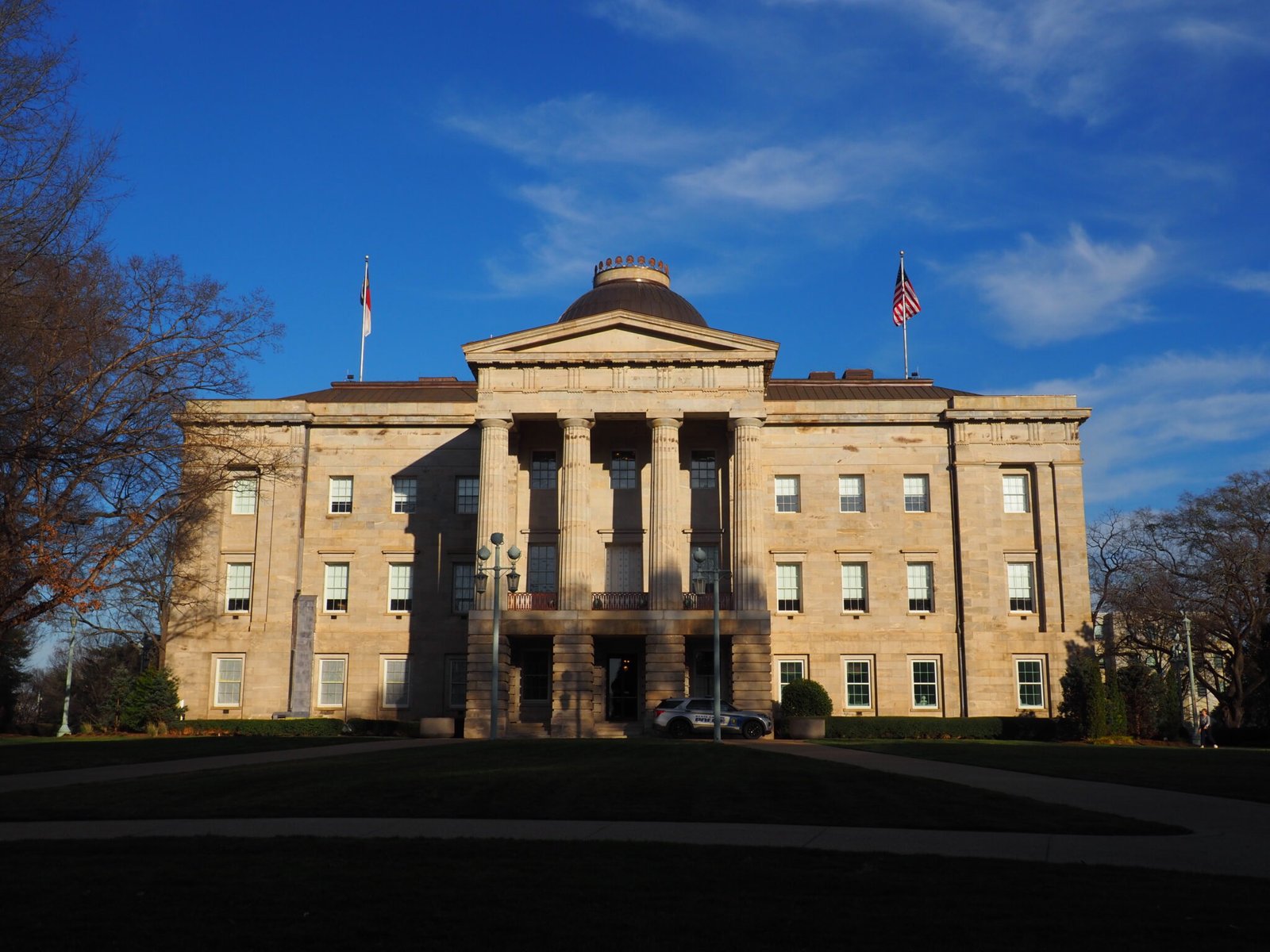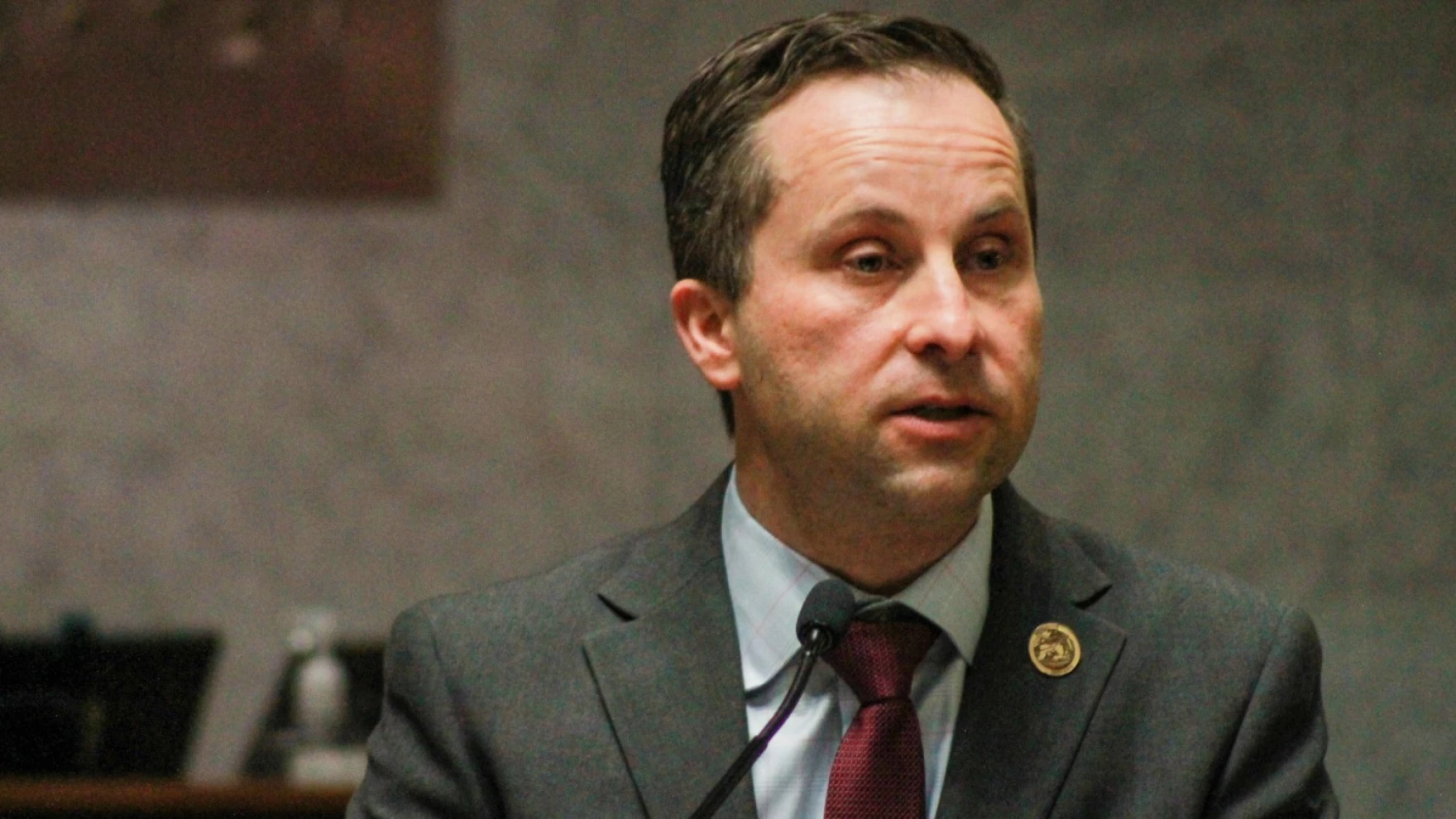Belarus is a landlocked country located in Eastern Europe, bordered by Russia, Ukraine, Poland, Lithuania, and Latvia. Its capital and largest city is Minsk. Covering about 207,600 square kilometers, Belarus features mostly flat terrain with expansive forests, lakes, and marshes. The country experiences a temperate continental climate with cold winters and warm summers. Approximately 9.3 million people live in Belarus, where the Belarusian and Russian languages are both official, although Russian is more widely spoken.
The history of Belarus is shaped by its position at the crossroads of empires and nations. It was once part of the Grand Duchy of Lithuania and later the Polish-Lithuanian Commonwealth. By the late 18th century, the lands that make up modern Belarus became part of the Russian Empire. Following the turmoil of World War I, Belarus briefly declared independence before becoming a founding republic of the Soviet Union in 1922. The country endured significant suffering during World War II, with extensive loss of life and damage to infrastructure. After the collapse of the Soviet Union in 1991, Belarus declared its independence and became a sovereign state.
Belarus operates as a presidential republic, but its political system has been criticized for authoritarianism under President Alexander Lukashenka, who has held power since 1994. His government has been accused of manipulating elections, repressing opposition, restricting independent media, and violating human rights. The 2020 presidential election triggered mass protests after Lukashenka claimed victory amid allegations of widespread vote fraud. Opposition leaders, including Sviatlana Tsikhanouskaya who ran in place of her jailed husband, became symbols of the democracy movement. Despite the protests and international pressure, the government continues to suppress dissent, with many political prisoners still detained.
The economy of Belarus is characterized by a mix of state control and market elements. Major industries include manufacturing, agriculture, machinery production, and chemicals. The country maintains strong economic ties with Russia, which provides subsidies and energy resources at favorable rates. Belarus faces economic challenges such as stagnation, inflation, and the impact of international sanctions linked to its political situation and human rights record.
Belarusian culture reflects a rich blend of Eastern Slavic traditions and the legacy of Soviet influence. The Belarusian language coexists with Russian, and cultural expressions include vibrant folk music, dance, crafts, literature, and theater. Despite political difficulties, cultural life continues to be an important aspect of national identity.
On the international stage, Belarus is closely aligned with Russia through the Union State agreement, which aims to deepen political and economic integration. The country is also a member of the Commonwealth of Independent States and the Eurasian Economic Union. However, relations with Western countries are tense due to concerns over democratic backsliding and human rights abuses. The West has imposed sanctions on Belarusian officials and entities, especially after the contested 2020 election and subsequent government crackdowns.
Since 2020, Belarus has experienced ongoing political unrest. The opposition movement, often led by figures like Sviatlana Tsikhanouskaya, has garnered significant global support. Nonetheless, the Belarusian government maintains a firm grip on power, continuing to detain hundreds of political prisoners and restrict freedoms. The country’s geopolitical role, particularly its close alliance with Russia and involvement in regional conflicts, keeps Belarus in the international spotlight.
Belarus remains a nation at a pivotal moment, grappling with its past and striving for its future amid pressures both domestic and international. The resilience of its people and culture continues to shape the country’s journey through these complex challenges.







